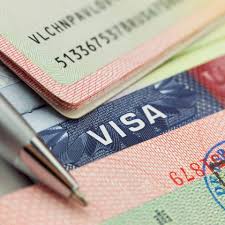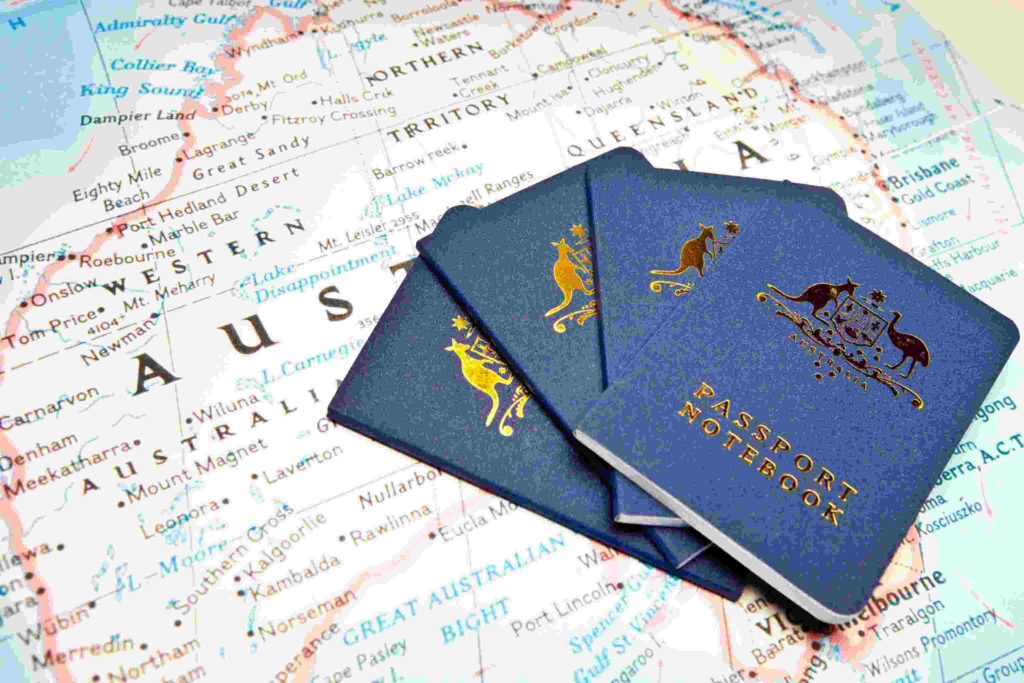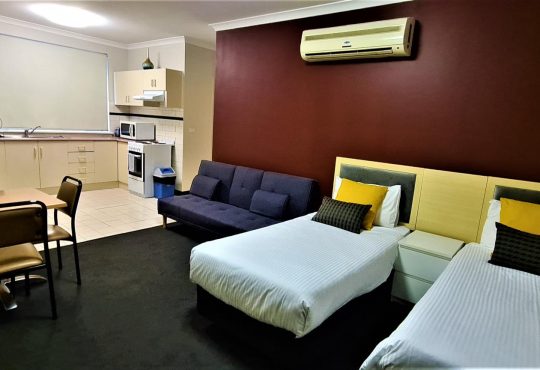
Everything You Need to Know About Australian Visas
Think of a visa as a key that opens the doors of the country and all the opportunities that comes with that. Of course, before granting you this document, the Australian Government will want to know who you are, where you are coming from, how long you intend to stay, whether you are coming alone or with your family, and also what you will contribute to the country. There are different types of visas for different types of people. Read on to find out which one is best for you!
What is a visa and why do you need it?
As we said before, a visa is nothing more than a document issued by a country that authorizes entry to a foreign person to study, work or holiday. Each visa has a duration and specific characteristics. Among the different types of visas that exist to access Australia, the most commonly applied for ones are:
- Tourist visa – A visa that allows you to stay in Australia as a tourist for a maximum of 12 weeks.
- Student visa – A visa that allows you to work in Australia 20 hours per week while studying a part-time course.
- Work & Holiday Visa – A visa that allows you to work in Australia full-time and travel on your vacation.
- Graduate Visa – A work visa for international students with studies related to Skill List work.
- Sponsored Visa – A work visa for which an Australian company specifically hires a foreign worker.
- Skilled Visa – A visa for skilled workers of in-demand professions in Australia
Depending on your situation and what you need, one or the other will be better for you. For example, if your idea is to study English while working part-time to pay for your stay, a student visa will probably suit you best. Let’s look a bit closer at some of these visas:

Tourist visa (600 or 651)
This is the option you are looking for if you are going to come to Australia on vacation or spend a short season. There are two types of tourist visa: Visa eVisitor (651) which is free and allows you to stay up to 3 months and tourist visa Visitor (600) It costs between $ 140 AUD and $ 1020 AUD and allows you to stay up to 12 months in the country.
Useful information about the tourist visa:
- Nationality: All countries can apply for a tourist visa.
- Required level of English: You don’t need a minimum level of English. It would be quite pointless if you needed to be a polyglot to go on holiday!
- Can you work with the tourist visa? With this visa you cannot work under any circumstances, but you can study a course whose duration is less than 3 months.
Student visa (500)
The student visa is the most applied for visa and is ideal if you are looking to study in Australia while working part-time to pay for your stay. In order to obtain a student visa you will have to enrol in a recognized course that lasts at least 10 weeks. Your visa will cover the study period plus extra vacation time, which will vary depending on the duration of the course you choose. For example, if you decide to study a 6-month English course, your visa could have a duration of 8 months. Among its other advantages, there is no age limit for the applicant, you do not have to prove a minimum level of English and also, your partner can accompany you and also work part-time even if they are not a student.
Useful information about the student visa:
- Nationality: Depending on the nationality or personal profile of the applicant, the requirements to obtain the student visa may vary – that is why it is so important to speak to the right people to get all the required information and prepare a solid application.
- Required level of English: If you’re coming to study an English course (ELICOS) you will not need any language accreditation. If you come with the intention of studying a vocational course (VET or TAFE), you must have at least an Upper intermediate language accreditation.
- Can you work with the student visa? Yes, with the student visa You can work part-time, up to 20 hours per week during the study period and up to 40 hours during the vacation period.
Student visa for couples
This type of visa It allows you to come to Australia accompanied by your partner so that you can both study and work legally in the country. Sounds good, right lovebirds? It is an ideal option for formal couples (either married, engaged or in a proven live-in relationship) although the conditions are not the same for both members.
Special features about the student visa for couples:
- Documents to prove the relationship: In general, applicants to this type of visa must demonstrate that they have been a couple for more than a year. The ways to prove it can vary according to each case. It is important to study the application properly. But no worries, our immigration experts over at All Immigration Services will inform you of the requirements that you must meet as a couple and will help you assemble a solid application.
- Required level of English: being like the student visa, the same criteria of language aptitude already mentioned in the student visa apply. Of course, only the main student need prove their English level.
- Possibility of studying for the dependent companion: The student’s partner (main applicant) may also study if he/she wishes, but always taking into account the 3 month limit. If you wish to study a longer course, you must apply for your own student visa.
- Can you work with this visa? The principal applicant can work part-time during the course (20 weekly hours) and full-time during vacations (40 weekly hours). Meanwhile, the dependent applicant may work part-time only (with one exception: if the student is going to take a master’s or a doctorate, the dependent may work full time).

The other visas mentioned above are more specialised and will require very in-depth explanations to cover. If you’re interested, why not speak to the experts at All Immigration Services today.



A working visa is one of the best answers to how to get Australian visa. Working visas range from visas specifically for air or sea crew or visas for skilled professionals. A 491 work visa allows migrants to live and work in the country for 5 years and makes them eligible for PR and citizenship.